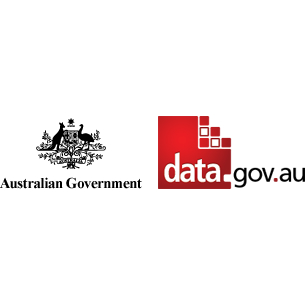Brief description
This record describes, and links to a working paper produced through the Crawford School of Economics and Government at The Australian National University in Canberra.*****
We contribute to the understanding of marine reserves and the management of renewable resources with uncertainty. We show that the key benefit of reserves is that they increase resilience, or the speed it takes a population to return to a former state following a negative shock. Resilience can also increase resource rents even with optimal harvesting. We contradict the accepted wisdom that reserves have no value if harvesting is optimal, reserves and optimal output controls are equivalent, reserves have value only with overexploited populations and that reserves must be large to offer benefits to fishers.
Full description
http://gcmd.nasa.gov/Resources/valids/keyword_list.html -http://www.aeaweb.org/journal/jel_class_system.html -
text: SA0003560: Australia
Subjects
Biosphere |
C61 |
Criteria for Decision-Making under Risk and Uncer |
D81 |
Ecological Dynamics |
General |
Information |
Knowledge |
Marine Reserves |
Mathematical Methods and Programming |
Mathematical and Quantitative Methods |
Microeconomics |
Population Dynamics |
Q20 |
Renewable Resources |
Renewable Resources and Conservation |
Uncertainty |
and Uncertainty |
User Contributed Tags
Login to tag this record with meaningful keywords to make it easier to discover
Identifiers
- Local : saving-the-seas-the-economic-justification-for-marine-reserves-working-paper
- URI : data.gov.au/data/dataset/8f0fec82-d870-4480-b2ea-f22bc055e754



